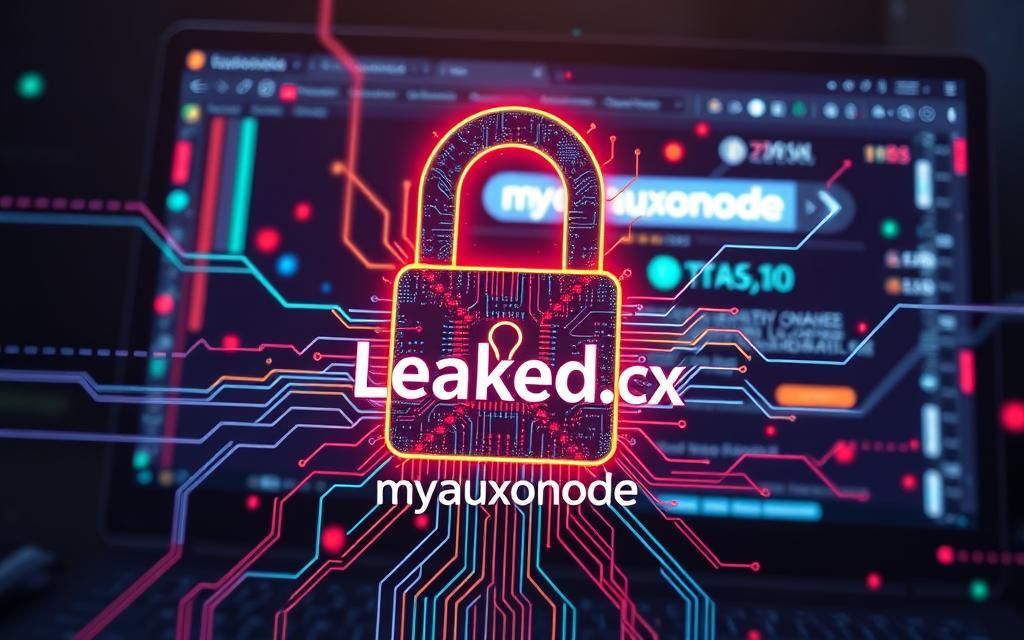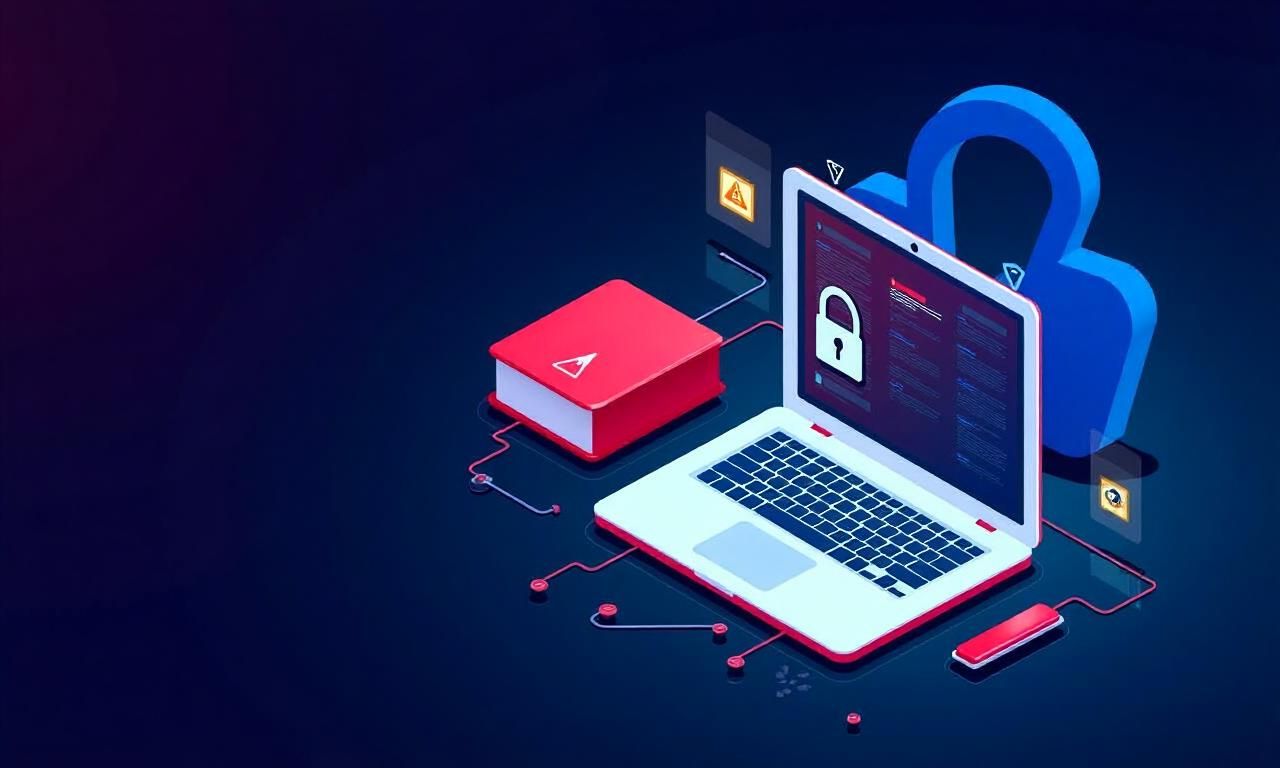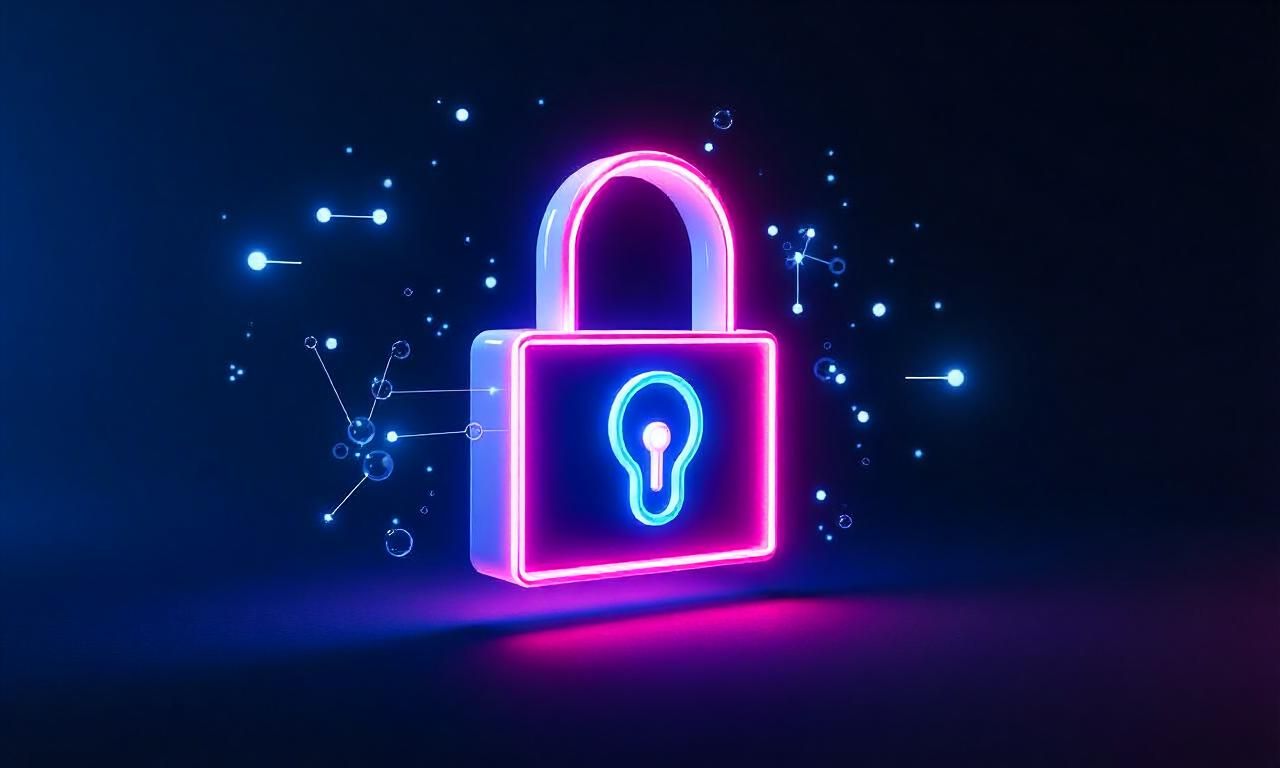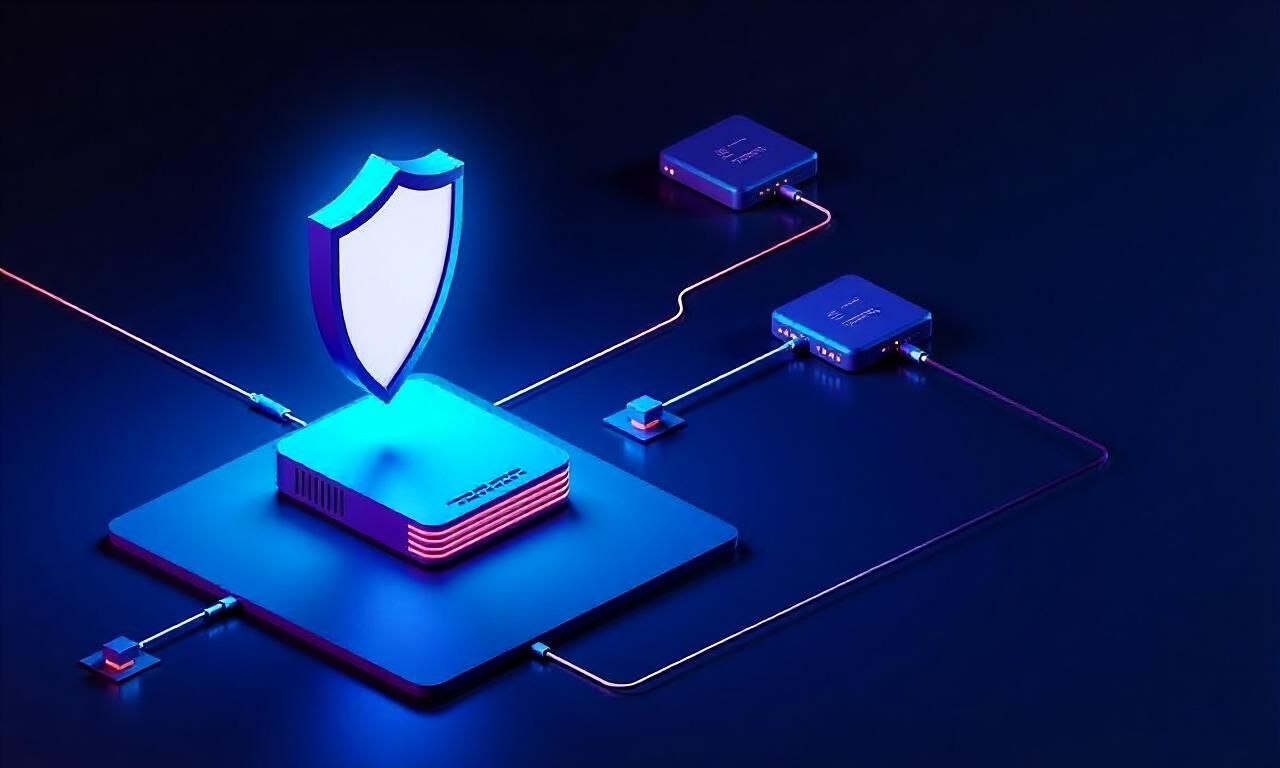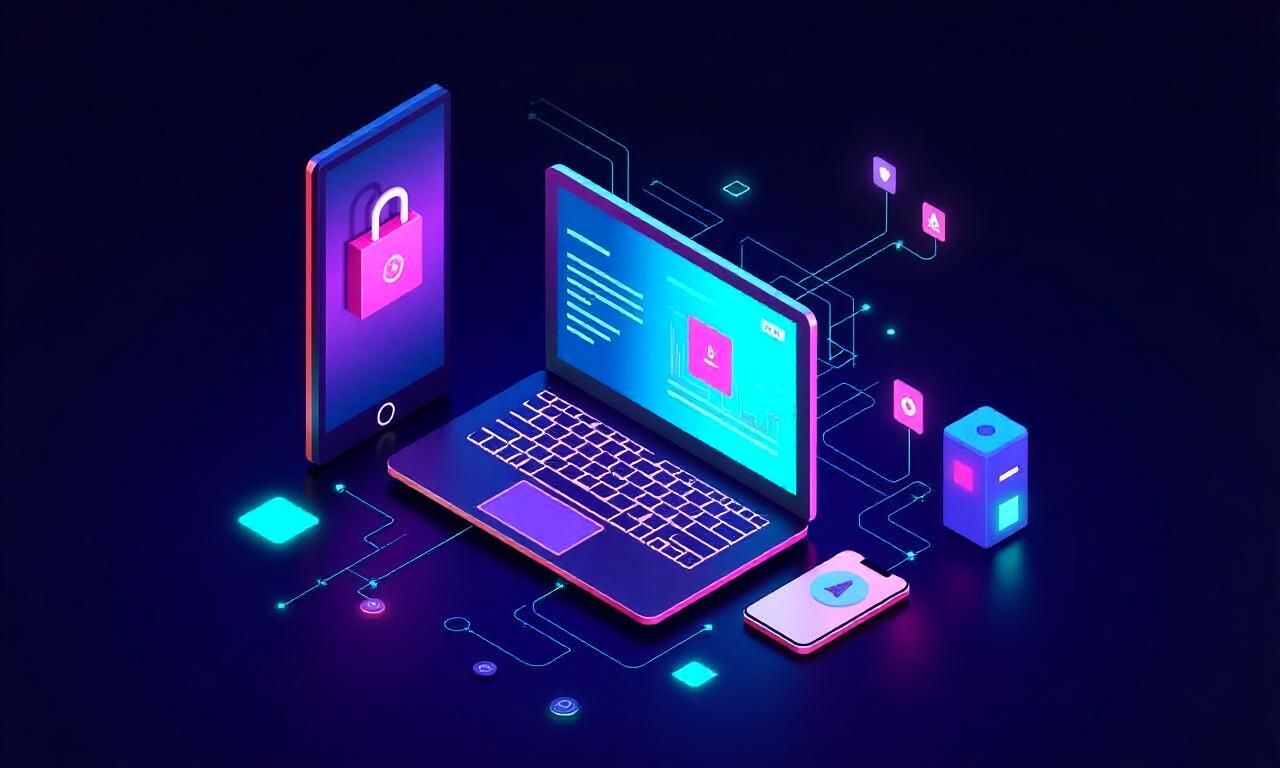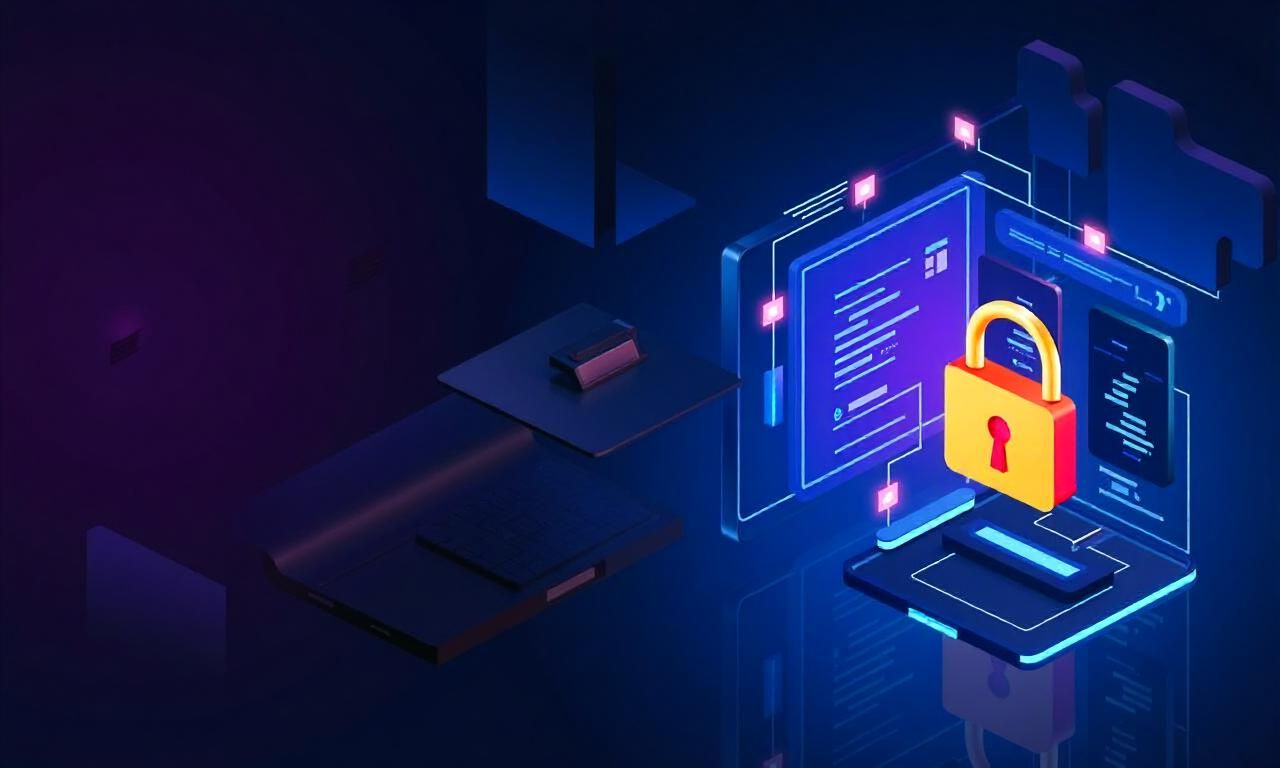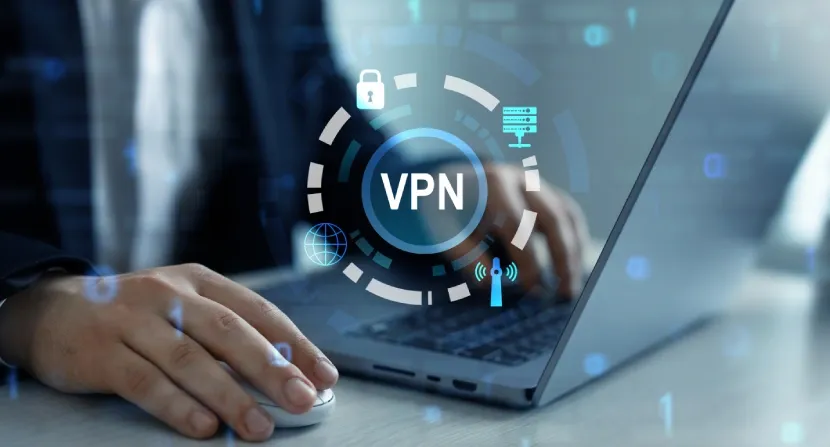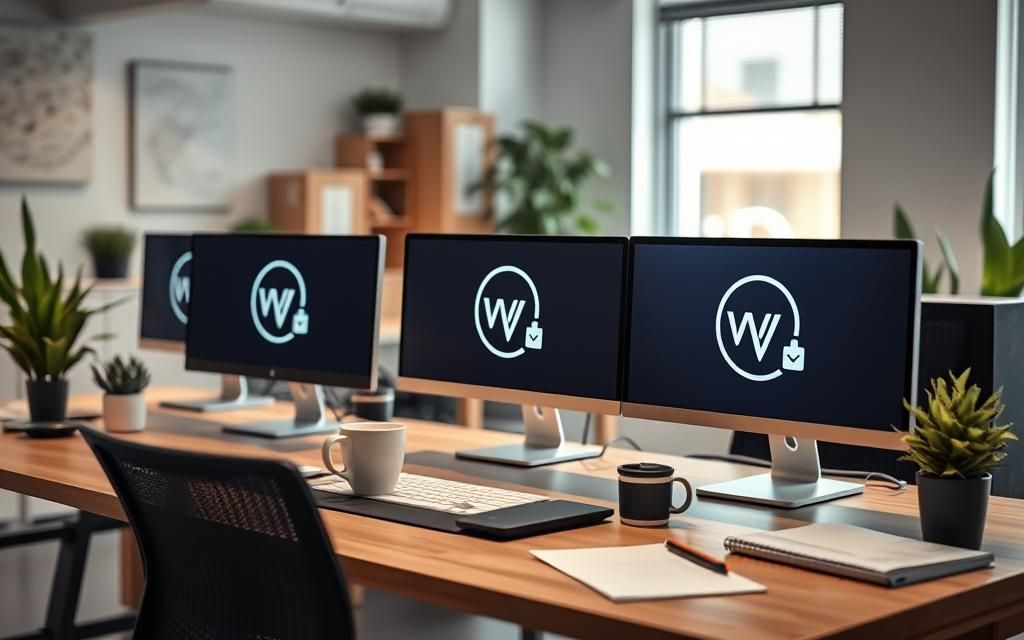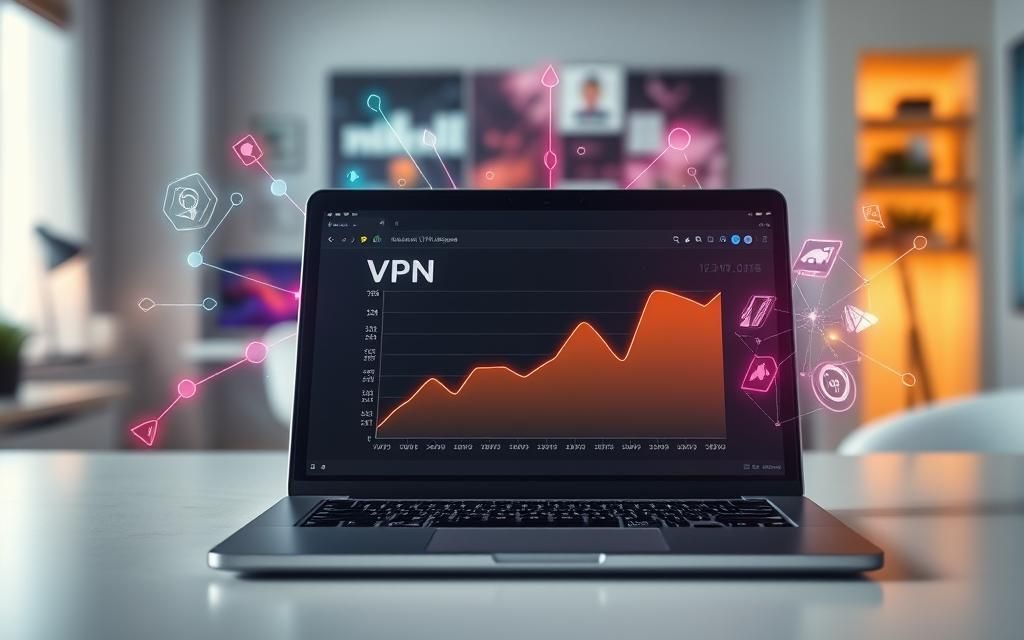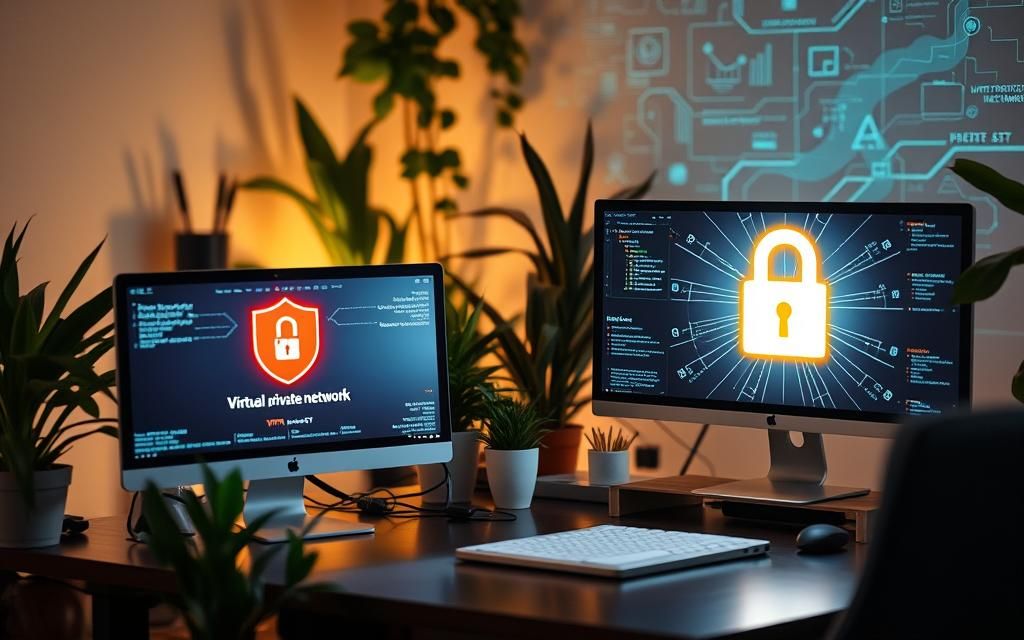In today’s digital world, protecting our online privacy is crucial. With data breaches and government surveillance on the rise, we often wonder if we need a VPN for sites like Leaked.cx. This site offers access to leaked information.
This article will cover VPNs, their purpose, and how they work. We’ll talk about the risks of VPN leaks and legal issues with VPN use. We’ll also give tips to keep your online activities safe and private, whether on Leaked.cx or other sites.
By the end, you’ll know how a VPN helps protect your online privacy. You’ll understand if you need one for Leaked.cx. Let’s explore the key points to help you make a smart choice about your digital security.
Table of Contents
ToggleWhat is a VPN and How Does it Work?
A VPN, or virtual private network, is a tool that protects your online privacy and security. It creates a secure, encrypted connection between your device and the internet. This keeps your online activities safe from others.
When you use a VPN, your internet traffic goes through a private server. This server is run by the VPN provider, not your internet service provider (ISP).
Here’s how a VPN works: your device connects to a VPN server. This server acts as a middleman between your device and the internet. The connection is encrypted, making your data safe from others.
Your real IP address is hidden, making your online activities private. This means you’re basically invisible online.
Understanding VPN Encryption
Encryption is a key part of a VPN. VPNs use strong encryption protocols like AES (Advanced Encryption Standard) to protect your data. This makes it hard for anyone to see your online activities.
This includes your internet service provider, government agencies, or hackers.
The strength of the encryption matters when picking a VPN. The stronger the encryption, the safer your data is.
Protecting Your Privacy with a VPN
A VPN also protects your privacy by hiding your IP address and location. When you’re online with a VPN, your IP address looks like the VPN server’s. This makes it hard for others to track you or find your location.
This privacy is crucial today, with worries about data breaches, government watching, and online privacy growing.
The Importance of Using a VPN
In today’s world, data breaches and government surveillance are common. Using a VPN is key to keeping our personal info safe. VPNs encrypt our internet traffic and hide our IP addresses. This makes it hard for hackers and government agencies to track our online activities.
With a VPN, our personal info and online communications stay safe. This is vital as we use the internet for work, school, fun, and talking to friends. It boosts our online security and privacy.
The Benefits of Using a VPN
- Protects our online privacy by hiding our IP address and encrypting our internet traffic
- Prevents data breaches and unauthorized access to our sensitive information
- Safeguards us from government surveillance and other forms of online monitoring
- Allows us to access content and services that may be restricted in our geographic location
- Enhances our overall online security and peace of mind
Choosing a reliable VPN is crucial for our online safety. It helps us enjoy a secure digital life, away from internet threats.
do you need to use a vpn for leaked.cx
Accessing Leaked.cx, a site with leaked info, raises the question: Do we need a VPN for leaked.cx? This site might draw the eye of government agencies, hackers, or others who want to watch our online moves. A VPN for leaked.cx can shield our privacy and identity when we visit such sites.
A VPN (Virtual Private Network) encrypts our web traffic and conceals our IP address. This makes it tough for anyone to keep tabs on our online actions. It’s super useful if we’re worried about government snooping, data theft, or other privacy and security risks from visiting Leaked.cx.
Whether we need a VPN for leaked.cx depends on our privacy and security worries. It also depends on the laws where we live. For those who care a lot about their online privacy for leaked.cx, picking a trustworthy VPN is a smart move. It helps keep our sensitive info and online deeds safe.
- A VPN can protect our identity and online actions when we visit Leaked.cx
- VPNs encrypt our internet traffic and hide our IP address, making it harder for others to monitor our activities
- The choice to use a VPN for Leaked.cx hinges on our personal privacy concerns and local laws
Understanding VPN Leaks
VPNs are meant to keep your online life private and hidden. But, it’s important to know that VPN leaks can happen. These leaks can reveal your real IP address, DNS requests, geolocation, and WebRTC information.
This can make your VPN useless for privacy and anonymity. It could let others trace your online actions and identity back to you. Knowing about VPN leaks and how to check for them helps make sure your VPN is safe and works well.
Types of VPN Leaks
- VPN IP address leaks – Your actual IP address may be exposed, revealing your true location and online activities.
- VPN DNS leaks – Your DNS requests may be leaked, allowing third parties to see the websites you’re visiting.
- VPN geolocation leaks – Your true geographic location may be revealed, undermining the location-spoofing benefits of the VPN.
- WebRTC leaks – Your local IP address may be leaked through the WebRTC protocol, potentially exposing your real identity.
| Leak Type | Description | Potential Impact |
|---|---|---|
| VPN IP Address Leak | Your actual IP address is exposed, revealing your true location and online activities. | Compromises your online privacy and anonymity, allowing your identity and activities to be traced back to you. |
| VPN DNS Leak | Your DNS requests are leaked, allowing third parties to see the websites you’re visiting. | Exposes your browsing history and online activities, potentially compromising your privacy and security. |
| VPN Geolocation Leak | Your true geographic location is revealed, undermining the location-spoofing benefits of the VPN. | Undermines the anonymity and location-based privacy protections provided by the VPN. |
| WebRTC Leak | Your local IP address is leaked through the WebRTC protocol, potentially exposing your real identity. | Compromises your online privacy and anonymity, allowing your true identity and location to be identified. |
It’s key to understand the different VPN leaks to ensure your VPN keeps your online life safe and private. Knowing these risks lets you take steps to protect your privacy and enjoy VPN benefits fully.
Testing Your VPN for Data Leaks
It’s key to make sure your VPN doesn’t leak sensitive info. This keeps your online privacy and security safe. Here are some ways to check if your VPN is doing its job right.
Using online tools like BrowserLeaks and ipleak.net is a simple way to test for leaks. These sites check for IP address, DNS, and WebRTC leaks. This gives you a full view of how your VPN is doing.
Another way is to pause your VPN and then turn it back on. See if any non-local traffic shows up. This test can reveal leaks that might be risking your privacy.
For those who know more about tech, tools like Wireshark can be used. They let you deeply check your VPN traffic for leaks. By looking at network packets, you can see how your VPN is working and find areas to improve.
Remember, checking your VPN often for leaks and security issues is crucial. By doing this, you can rest easy knowing your info and data are safe.
Choosing a Reliable VPN Provider
Choosing a VPN to protect your online privacy is key. With many VPNs out there, it’s vital to look at what they offer. This helps you find one that keeps your data safe and secure.
Factors to Consider When Choosing a VPN
- No-Log Policy: Make sure the VPN doesn’t keep track of what you do online. They should not record your browsing history.
- Encryption Strength: The VPN should use strong encryption like AES-256. This keeps your internet connection safe and stops data from leaking.
- Server Locations: Think about how many servers the VPN has and where they are. This affects how fast your connection is and how anonymous you can be.
- Reputation and User Reviews: Check out what people say about the VPN. Look at their reputation and read reviews to see if they protect user privacy well.
| VPN Provider | No-Log Policy | Encryption | Server Locations | User Ratings |
|---|---|---|---|---|
| NordVPN | Strict no-logs | AES-256 | 5,000+ servers in 60+ countries | 4.7/5 (Trustpilot) |
| ExpressVPN | No-logs verified by third-party audits | AES-256 | 3,000+ servers in 94 countries | 4.6/5 (Trustpilot) |
| Surfshark | Strict no-logs policy | AES-256 | 3,200+ servers in 65+ countries | 4.5/5 (Trustpilot) |
Looking at these factors helps you pick a reliable VPN provider. This way, you can keep your online activities safe and private, whether you’re using it for Leaked.cx or other important online tasks.
The Pros and Cons of Using a VPN
Using a virtual private network (VPN) can greatly improve your online experience. It boosts your online privacy and security. By encrypting your internet traffic and hiding your IP address, a VPN shields your personal data from cybercriminals, internet providers, and government agencies.
A VPN also helps you get past geographical restrictions and censorship. This is great for people who travel a lot or live in places with limited internet freedom. It lets you access content that’s blocked in your area.
But, VPNs have their downsides. Some VPNs might log your activities, which could go against the privacy they promise. Also, using a VPN can make your internet slower. This might be a problem for those who need fast, reliable connections for work or entertainment.
Choosing to use a VPN means weighing its benefits against its drawbacks. Think about how important privacy and security are to you versus the need for fast internet. This way, you can pick the right VPN for your online needs.
Remember, the laws about VPNs vary by country. It’s important to know the laws in your area. By understanding the advantages of using a VPN and the disadvantages of using a VPN, you can decide if a VPN is right for you.
Legal Considerations and VPN Usage
Using a VPN is usually legal in many places, but it’s important to know the laws in your area. The rules about VPNs can change a lot from one place to another. So, it’s key to know the VPN laws by country to keep your online actions legal.
In many parts of the world, the legality of VPN usage is seen as positive. VPNs are seen as a way to protect your online privacy and security. But, some countries have rules or limits on VPN usage. These rules are often made to watch and control what you can see and do online.
In places like China, Russia, and the United Arab Emirates, there are strict limits on VPN usage. You might need to register or even be banned from using them. It’s important for VPN users to know the laws in their area to follow them.
By keeping up with the legality of VPN usage and VPN regulations in your area, you can use a VPN safely. This way, you can protect your privacy and security without breaking the law.
Tips for Optimizing Your VPN Experience
To make the most of your VPN, follow some key VPN optimization tips and VPN best practices. First, pick a VPN that’s known for keeping your data safe and doesn’t log your activities. This is crucial for your privacy.
Next, tweak your VPN settings for better performance. Choose a server near you for faster speeds. Also, turn off WebRTC in your browser to prevent it from revealing your location and reducing your VPN’s privacy benefits.
Also, think about your network setup. Using a VPN kill switch is a good idea. It cuts off your internet if your VPN drops, keeping your online actions private and safe.
By using these VPN usage tips and keeping up with VPN best practices, you can boost your VPN’s privacy and security. This makes your online experience smoother and more secure.
| VPN Optimization Tip | Description |
|---|---|
| Choose a Reliable VPN Provider | Select a VPN with a proven track record of protecting user privacy and maintaining a strict no-logging policy. |
| Configure VPN Settings | Optimize performance by selecting the server location closest to your physical location and disabling WebRTC. |
| Use a VPN Kill Switch | Automatically disconnect your internet if the VPN connection is lost, ensuring your online activities remain private and secure. |
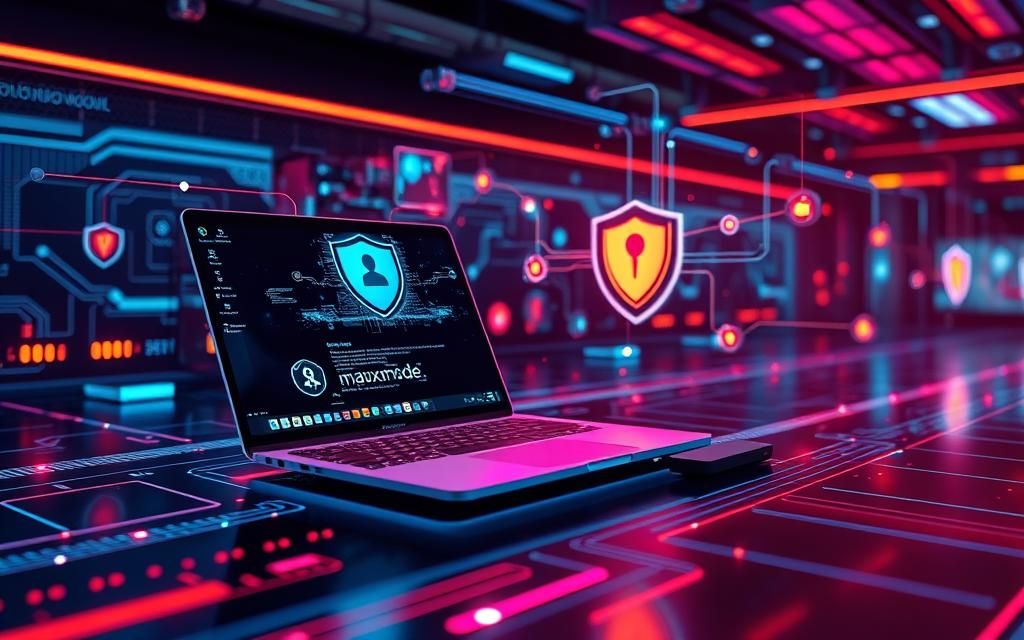
Conclusion
In today’s digital world, keeping our online privacy and security safe is key. Using a VPN is now a must for protecting our personal info and online actions. It helps when we visit sites like Leaked.cx, which share sensitive or controversial stuff. A VPN encrypts our internet traffic, hides our IP addresses, and stops others from tracking us.
But, we must be aware of VPN leaks and check our VPN provider to make sure they protect our privacy. By following best practices and testing our VPN often, we can get the most out of it. This way, we can have a safer and more private online life.
As the digital world changes, keeping our online privacy and data safe is more important than ever. With a good VPN, we can control our online identity, avoid data breaches, and stay anonymous on sites like Leaked.cx. This approach to digital security lets us surf the internet with confidence. We know our sensitive info is safe.

